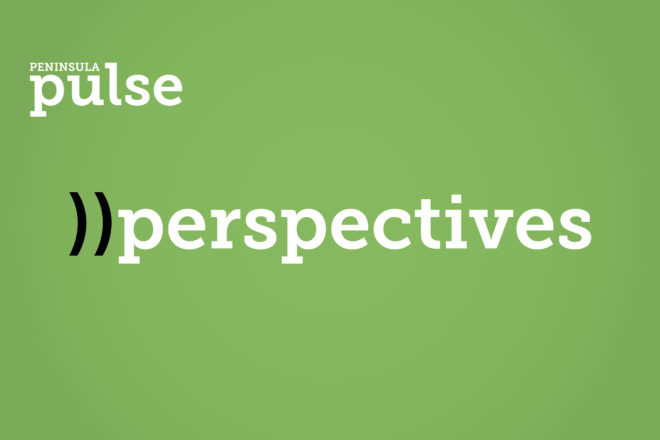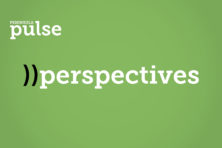Pulse of Philanthropy: The 5 T’s of Charitable Giving
- Share
- Tweet
- Pin
- Share

by BRET BICOY, President and CEO, Door County Community Foundation
Although I generally try to avoid using pithy catch phrases to oversimplify a concept, I have to admit that the so-called 5 T’s of charitable giving really do provide a good summary of the ways in which people can give to charity and thereby support the community they love. The 5 T’s of charitable giving are: time, treasure, talent, ties and testimony.
You give time when you share your energy and physical presence as you volunteer for an organization. Giving your treasure refers to the monetary and financial contributions you make. A gift of your talent is when you lend your uncommon skills to a charity, such as sharing your investment acumen, financial expertise, legal counsel or other specialized knowledge. You are giving your ties whenever you connect an organization to potential donors in your personal network of friends and colleagues. Giving your testimony refers to the advocacy work you do on behalf of a charity, as in sharing stories of its impact and effectiveness with others in the community.
The 5 T’s of charitable giving have long been used by nonprofit professionals as an easy framework to evaluate how they’re engaging with their friends and donors. The 5 T’s also offer a simple way for any of us to think about how we can give back to the charities we care about most. Yet for some reason, the 5 T’s are increasingly being shortened to just three: time, treasure and talent. Both charitable professionals and the public at large often forget about the last two: ties and testimony.
Last month, the Lilly Family School of Philanthropy at Indiana University released a study titled “What Americans Think about Philanthropy and Nonprofits.” The academics at the Lilly Family School conduct some of the most important research in the philanthropic field, and their reports are a must-read for nonprofit professionals.
One of the first things the study examined is the forms of charitable giving that people think of when giving back to the organizations they care about. Although overwhelming percentages of Americans think of time, treasure and talent as important ways to give back to their community, only about a third of folks consider ties or testimony to be as important.
When I first read that part of the study, I thought that perhaps this was an issue of misunderstanding on the part of the general public. After all, we’re talking about inside baseball here, and only nonprofit nerds like me actually think about this stuff. However, as I reflected on instances in which I’ve heard local nonprofit employees talk about the responsibilities of boards of directors, it occurred to me that I’ve only heard them refer to the “3 T’s of serving on a board” – once again referring only to time, treasure and talent – and thereby overlooking the other 2 T’s of ties and testimony.
Unfortunately, the study doesn’t suggest any conclusions for this disparity, and I’m not smart enough to have figured out why it exists. Regardless, it’s an unfortunate reality because too many people – both nonprofit professionals and the public at large – are overlooking two incredibly important ways in which we can give back to our community.
Giving our ties to a charity we respect helps to broaden its network of supporters as we introduce the organization to our friends and colleagues. This should be an essential requirement and expectation of every volunteer board member. Similarly, giving testimony on behalf of the charity must be articulated as an important obligation of every nonprofit board member.
At its most basic, when we give of our ties and testimony, we lend our credibility to the organization. Our friends or colleagues may have no connection to our favored charity and thus have no reason to think kindly toward it. Yet when we serve as an intermediary and arrange an introduction, we’re essentially telling our friends that the charity has a story that’s worthy of their attention. Then when we share our own perspective of why that organization’s work is important, our testimony provides a powerful endorsement.
Further, bearing witness to our friends and colleagues about the importance of giving to a particular charity has no financial cost other than the personal gift we’ve already made to the organization (and remember: We first need to make a gift that’s meaningful to us – even if it’s a modest one – before we can ask others to join us).
Sharing our ties and testimony are ways in which we can have a significant financial impact on a charity we care about, regardless of our personal wealth or circumstances.
Email Bret Bicoy at [email protected].


